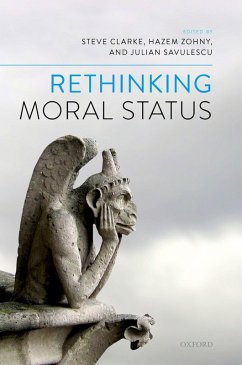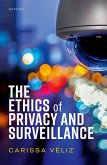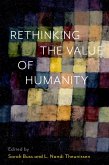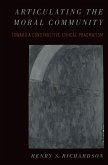Common-sense morality implicitly assumes that reasonably clear distinctions can be drawn between the "full" moral status that is usually attributed to ordinary adult humans, the partial moral status attributed to non-human animals, and the absence of moral status, which is usually ascribed to machines and other artifacts. These implicit assumptions have long been challenged, and are now coming under further scrutiny as there are beings we have recently become able to create, as well as beings that we may soon be able to create, which blur the distinctions between human, non-human animal, and non-biological beings. These beings include non-human chimeras, cyborgs, human brain organoids, post-humans, and human minds that have been uploaded into computers and onto the internet and artificial intelligence. It is far from clear what moral status we should attribute to any of these beings. There are a number of ways we could respond to the new challenges these technological developments raise: we might revise our ordinary assumptions about what is needed for a being to possess full moral status, or reject the assumption that there is a sharp distinction between full and partial moral status. This volume explores such responses, and provides a forum for philosophical reflection about ordinary presuppositions and intuitions about moral status.
Dieser Download kann aus rechtlichen Gründen nur mit Rechnungsadresse in A, B, BG, CY, CZ, D, DK, EW, E, FIN, F, GR, HR, H, IRL, I, LT, L, LR, M, NL, PL, P, R, S, SLO, SK ausgeliefert werden.









